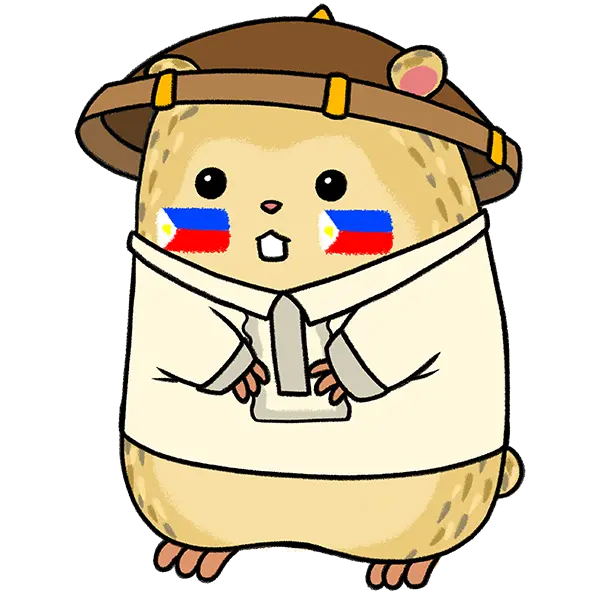Anyone here learned Tagalog as an adult? I’m an American so I only speak english and am trying to learn Tagalog. Anyone got tips on resources that worked well for them? Thanks.
I’m an English speaking Australian learning Tagalog and - at least for me - I’ve found it difficult to locate many good resources that cover the spectrum of language learning.
A lot of the major apps don’t offer Tagalog/Filipino courses (I’m looking at you, DuoLingo and Babbel…) and the apps that do are often just for words or simple phrases, and don’t pay much attention to telling you how to string stuff together in a meaningful way, or even talk about how things like the prefixes, infixes, and suffixes work, which is kind of essential to know.
I’ve found the app called “Drops” to be pretty good for learning new words and after having tried a few other apps out I’d recommend it for that purpose.
There’s also tagalog.com which offers up a bunch of info and also a personal word learning system (I think it works as a sort of spaced repetition system style learning model).
I tried some high school workbooks which professed to “not be boring”, and unfortunately it was full of jargon-heavy language in English which was very dense and not particularly easy to understand. There are probably some good school textbooks and workbooks out there but I haven’t looked that hard on that front.
For the rest of it, I’ve resigned to bugging my Filipino partner when I have questions or woefully attempt to string a sentence together only for it to be entirely wrong.
If you don’t have a Filipino in your life to bother with questions, I’ve also heard a few people get on to a system called iTalki (I think this is how it’s written). From what I gather you can use it to link up to people who speak the language and learn through conversation. It’s sort of not really my vibe so I haven’t used it, but it sounds like it could be a good option if that’s your thing.
I also listen to a bunch of Filipino music on Spotify. It’s not necessarily the best for learning words, but I find that it helps assist my hearing to better pick out words, and gives an idea of pronunciation and the like. A few places to get started if you like the sound of this option are:
- Ben & Ben
- IV of Spades
- Juan Karlos
- NOBITA
- Moira Dela Torre
- Arthur Nery
- Unique Salonga
- The Itchyworms
- Johnoy Danao
Best of luck, and let me know if you find any good language learning tools for Filipino/Tagalog…!
Tagalog as in Filipino or Tagalog the provincial language? I’m guessing the latter, in which case I’m of no use since we’re Ilocanos, lol.
I’m curious as to your thoughts on the difference. I haven’t heard Tagalog called a provincial language before.
Not the guy you asked, but let me try to explain the difference as far as I understand it.
Filipino is the national language of the Philippines, based on the Tagalog language, with vocabulary from various different Philippine languages such as Cebuano, Bicol, Kapangpangan, Ilocano, among others. At least, that’s how it is defined. However, since Filipino is so heavily based on Tagalog, the two names are used interchangeably to refer to what many people see as the same language.
Now, I am supposing that ‘provincial language Tagalog’ refers to the various dialects of Tagalog spoken outside of (Metro) Manila such as Bulacan Tagalog, Batangas Tagalog, Quezon Tagalog, etc.
As far as I know, the standard being taught to non-native students of Tagalog is taken from the Manila dialect.




